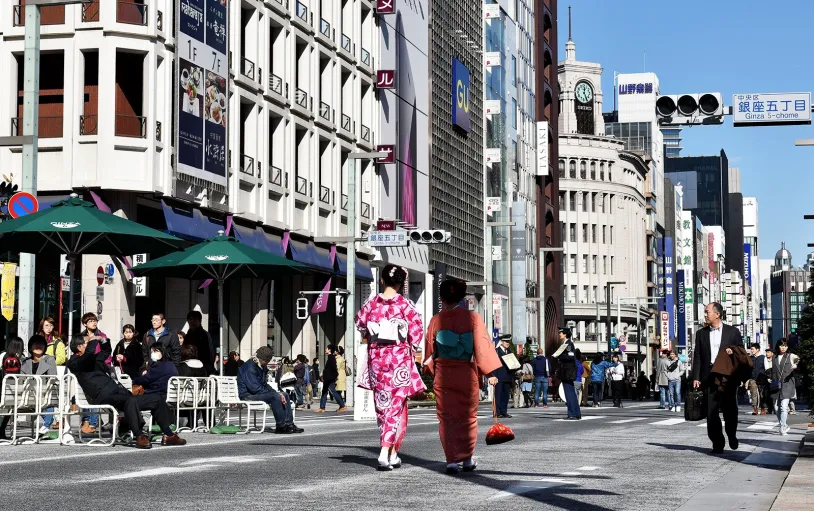34% of ultra-wealthy people of the world with a capital of $50 million or more already have a second passport, and 21% consider themselves permanent immigrants
The leaders of the ranking of countries with visa-free access for its citizens were Japan, Singapore (180), Britain, Austria (177), Canada (176) and Australia (174). This is evidenced by data from Henley & Partners and Knight Frank, provided to Forbes.
Rating data show that the most attractive country in Europe in terms of the value of the passport is Malta – the minimum threshold for investment in it is € 1.2 million. This amount includes non-refundable payments to the National Fund of the country, returnable investments and the cost of buying or renting a house.
Also among the Russians enjoy popular Cypriot passport, the cost of which is almost twice as expensive as in Malta. The reason for this is that it takes six months to apply for citizenship, and to get it you do not need to live on the island before or after. Investments in Cyprus are repayable: after three years of real estate investor can sell the property, leaving the ownership of residential property worth at least € 500,000.
As the Knight Frank expert explained in a conversation with Forbes, globally there are two differently directed trends concerning different types of countries. Highly developed countries – UK, Australia – which have long operated a residence permit program, now more stringent requirements for foreign buyers. The reason is the protection of reputation, as real estate in economically prosperous countries is flocked to finance from all over the world and not always earned in a legitimate way.
For example, in July 2017, the New South Wales and Australian governments increased stamp duty from 4% to 8% for foreign buyers and land tax from 0.75% to 2%.
The UK government in November 2017 announced plans to introduce a capital gains tax that would apply to non-residents of the country who own both commercial and residential real estate. The New Zealand government has also planned similar measures – they are going to introduce capital gains tax for owners who will sell real estate within five years after purchase. Now this period is two years.
Also, measures are tightening in Cyprus: It introduces new rules for obtaining citizenship by investment and to regulate the process will be established a special Committee for supervision and control (OversightandControlCommittee).
At the same time, other countries with emerging economies, on the contrary, are interested in the inflow of investment, so they facilitate the conditions for the purchase of real estate by foreigners (island states, etc.). For example, several Caribbean islands have recently reduced the required investments by 50% or tied the acquisition of citizenship to lump-sum contributions to hurricane relief funds or economic development funds.




Leave a Reply
You must be logged in to post a comment.